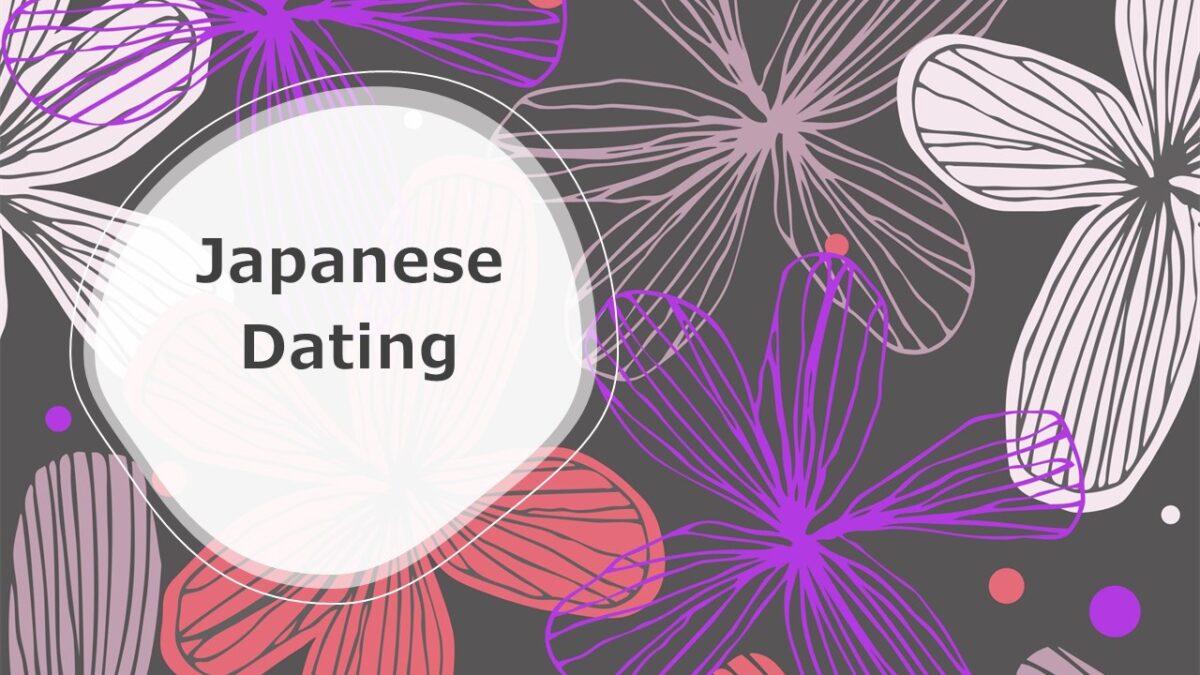This article explains when and how Japanese dating takes place. Courting, dating, and marital relationships are the periods when men and women expect an intimate relationship and love to evolve. Across cultures, such practices vary in terms of time and degree of intimacy (Karandashev, 2017, 2019).
When and How Young Japanese Start Dating
In Japan, many men and women start dating only after high school. In general, students in high school take their studies seriously. They are preoccupied with school, and parents generally discourage their teenage children’s dating.
In college and beyond, dating becomes important for young men and women. In Japan, many of them feel very shy at the beginning of a relationship due to the lack of communication with the opposite sex during their adolescent period.
What Is the Japanese “Group Dating”?
Due to cultural anxiety about intimacy, starting a relationship can be tense and overwhelming for many Japanese boys and girls. The practices of “gōkon,” or “group dating,” help eliminate the tension of interpersonal encounters in a traditionally collectivistic society. This kind of dating is quite popular among young Japanese people because they are very wary of one-on-one interaction when they first meet a partner.
When a young man and a young woman want to get to know each other, they often bring along three or four other eligible friends. They all meet up together, for example, in restaurants or bars.
After initial group communication and games, men and women get together in their circles, discuss who is interested in whom, and may exchange phone numbers and/or e-mails. Many in Japan still get to know each other through a third-party introduction.
In Japanese culture, being courteous is a priority, whether a boy or girl enjoys one another at a first meeting or not. Therefore, they tend to exchange messages after their first encounter, telling each other that they enjoyed their meeting and wish to continue going out again. Alternatively, they can simply thank the other for their time together without sending an explicit message that they are not interested in meeting again.
Confession in Love Is a Step Towards Intimacy
The rituals of “confessions” are evidently present in many societies in the precious relationship episode of saying “I love you” (“I like you a lot!”) for the first time in a relationship. It is a very special moment that signifies a new stage in a relationship. It is commonly known across many cultures.
This is a step forward to the intimate stage of a relationship if the other responds with “I love you too,” explicitly or implicitly. Such reciprocity is expected and anxiously awaited. A lover hopes to turn the page of a relationship into the next chapter. Such expectations of reciprocity, however, are not always fulfilled. The latter may turn the relationship down another path.
According to many cultural traditions, a man (or sometimes a woman) first declares their love for each other. In a sense, this confession means “Would you be my lover/boyfriend/girlfriend?” depending on the linguistic and cultural connotations accepted in a special cultural context.
What Does the Japanese Word for “Confession” in a Relationship Mean?
Kokohaku, or “confession,” is an important Japanese dating custom. In the Japanese cultural tradition, a man usually initiates the confession by asking a woman to go out. However, in modern dating practices, women may confess as much as men do. The Japanese “I love you” resembles the English “I like you.” However, the Japanese have their own serious words for love.
If the “confession” turns out to be reciprocal, a man and a woman enter another, more serious stage of magkasintahan. They become boyfriend and girlfriend, or lovers in a broad sense of the word. Their relationship soon becomes more serious and intimate (in various regards).
Love and intimacy evolve in what the Japanese call “tsukiau” relationships.
